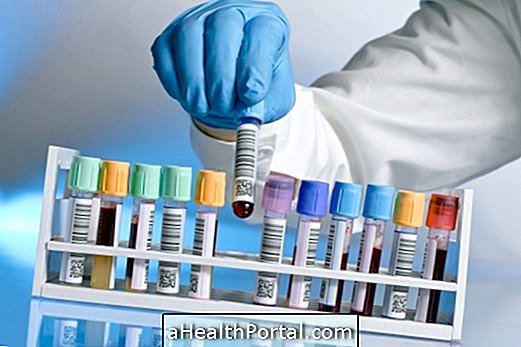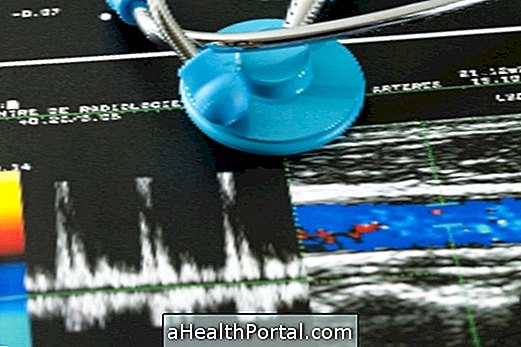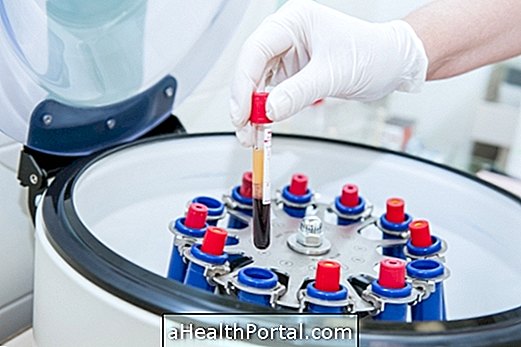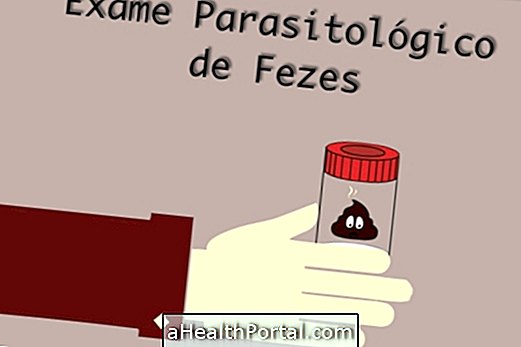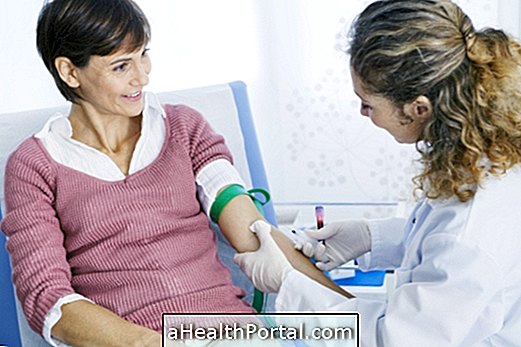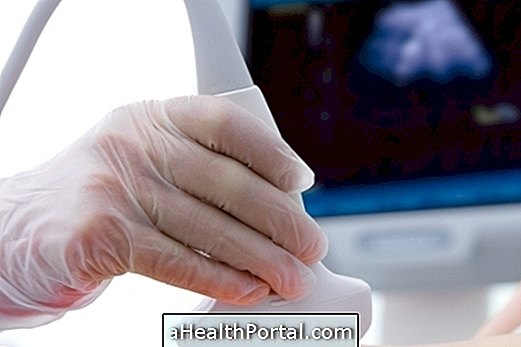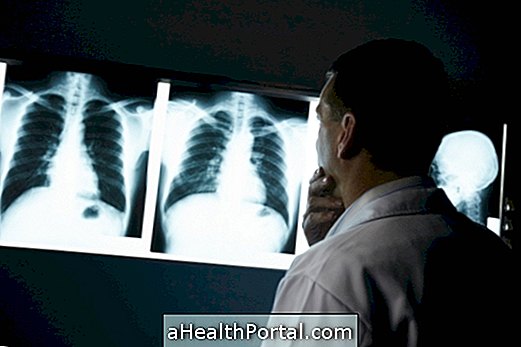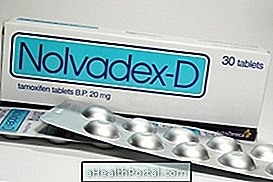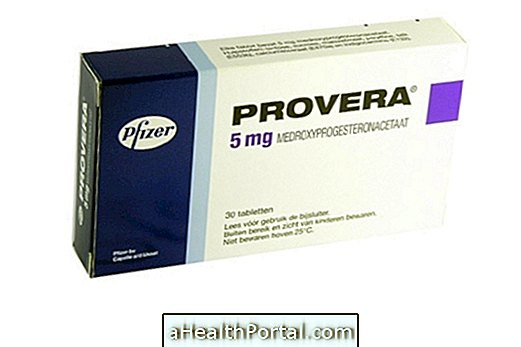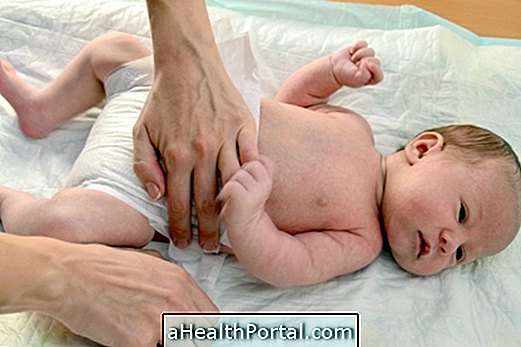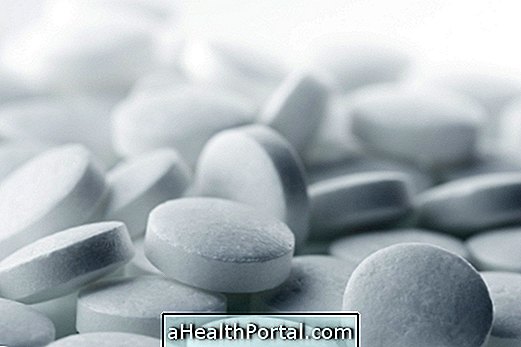You should go to the cardiologist, who is the doctor diagnoses and treats heart disease, whenever you have symptoms such as chest pain or constant tiredness, for example, because they are signs that may indicate changes in the heart.
Generally, when the patient has an already diagnosed heart disease, such as heart failure or arrhythmia for example, they should go to the doctor at least every six months and whenever the doctor indicates, to make tests and adjust the treatment if necessary .
In addition, people with risk factors are more likely to develop heart problems, so it is usually important to have heart-specific exams as directed by the cardiologist, according to the guidelines:
- People with risk factors : in the case of men, must do from the age of 30 and the woman from the age of 40;
- People without risk factors: men must do since the age of 45 and the woman from the age of 50.
Having risk factors means having a higher chance of having heart problems and some of the factors include being overweight, being a smoker, being sedentary, or having high cholesterol, and the more factors you have, the greater the risk. Learn more at: Medical check-up.
Symptoms of heart problems
Some of the signs and symptoms that indicate that you should go to the cardiologist include:



- Constant fatigue, even at rest;
- He awakens with a cough in the middle of the night;
- Swelling in the legs, ankles, and feet at the end of the day;
- Shortness of breath when performing small efforts or at rest;
- Constant chest pain or at times of tension;
- Difficulty sleeping with low bed head;
- Heart beats too fast or slower than usual;
- Palpitations;
- Irregular heartbeat ;
- Pale or bluish skin ;
- Frequent fainting .
If the individual has any of these symptoms, they should go to the cardiologist immediately as it may indicate the presence of some heart disease and should be quickly treated not for life at risk. Read more in: 12 signs that may indicate heart problems.
Exams for the heart
Some tests that the doctor can indicate to check if the patient has any changes in the heart, can be:



- Echocardiogram: it is an ultrasound to the heart that allows to obtain images of the different structures of the heart in movement; It analyzes the size of the cavities, the heart valves, the cardiac function, among others.
- Electrocardiogram: it is a fast and simple method that registers the heart beats by placing metal electrodes on the patient's skin;
- Exercise test: is an exercise test, which is used to detect problems that do not come when the individual is at rest and to evaluate the patient is asked to ride a bicycle or run on the treadmill at a fast pace;
- Magnetic resonance imaging is a technique used to obtain images of the heart and chest.
In addition to these tests, the cardiologist may indicate more specific tests if you notice any changes.
Common cardiovascular diseases
Some of the common diseases that indicate heart problems include:
- Arrhythmia : it is when the heart beats irregularly; or in an accelerated manner or even, more slowly than normal.
- Heart Failure : This is when the heart has difficulty pumping blood into the body;
- Infarction : also known as heart attack, is the death of the cells of a part of the heart.
To detect these diseases as early as possible, you should go to the cardiologist at least once a year and, if you already have heart problems, you should go to the doctor at least 2 times a year to see if treatment is still appropriate.
Use the following calculator and see what your risk of having heart problems is:

